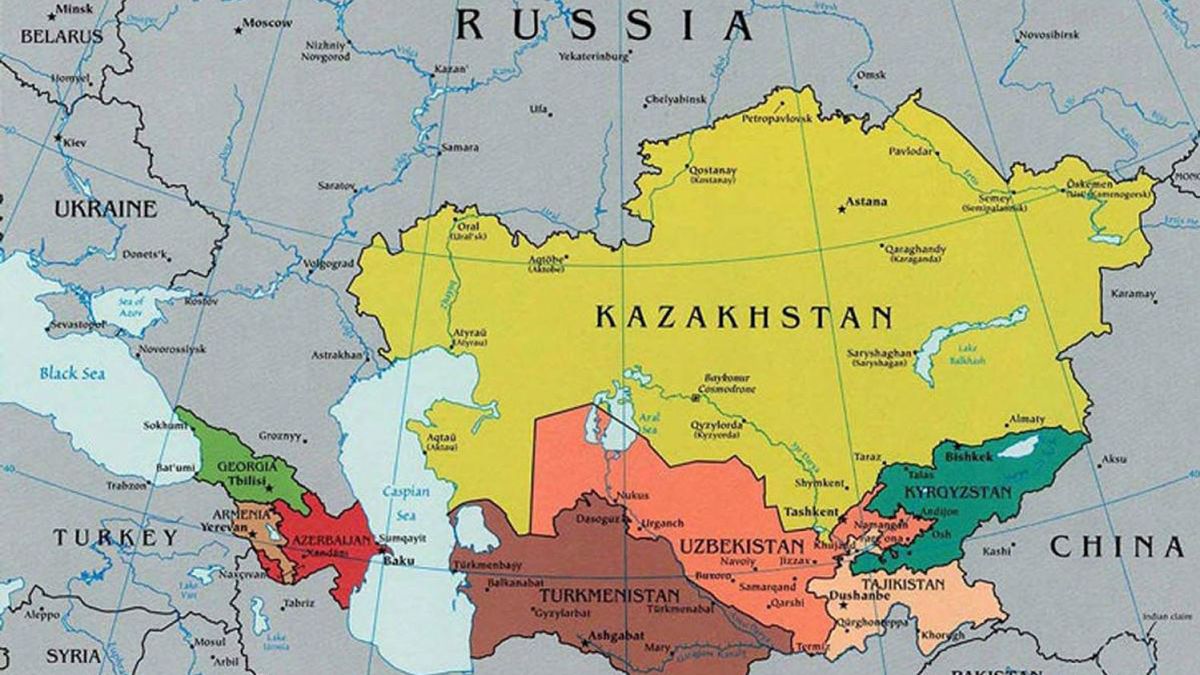It all started just two days ago, when many citizens of Kazakhstan took to the streets to protest the rise in gas prices. The government decided to set a maximum price, 50 tenge per liter, the change is 0.10 euro cents.
The government, within the framework of the powers given to it, in order to ensure stability in the country, decided to reduce the price for liquefied gas in the Mangistau region to 50 tenge per liter.
— Qasym-Jomart Toqayev (@TokayevKZ) January 4, 2022
In addition, the president of the country has sent a message to the population, “I urge the protesters not to listen to the calls of destructive groups that seek to undermine the integrity and unity of our country. Whoever does not surrender will be destroyed ”.
A message that President Vladimir Putin has applauded, while he has sent to the border 2,500 military personnel, with a deployment in the area of surprising battle tanks for a social revolt.
On the other hand, the Russian Defense Ministry reported the formation of a transport group of 75 aircraft to deploy troops in the Central Asian Republic. This is the first intervention of the CSTO since its creation in 1992 and they participate in Russia, Armenia, Belarus, Uzbekistan, Tajikistan and Kyrgyzstan, a organization with a political-military vocation among several countries in Europe and Central Asia.
According to the first reports, the CSTO troops began to arrive in Almaty, where in addition to the troops from Russia, Belarus would send 500, Tajikistan had pledged 200, and Armenia would send 70.
“I have ordered the organs of the police and the Army to shoot to kill without prior notice,” said President Takayev, warning that he will not dialogue. Is it possible to negotiate with criminals and murderers? ” As a result of these decisions, the ex presidente Nursultan Nazarbayev He would have left the country with his family, according to The Bulletin.
HANDOUT (AFP)
What will happen on the world stage
The President of the European Parliament, Úrsula Von der Leyen has called for calm on both sides, while Emmanuel Macron, President of France, defends the negotiation with Putin, a neighboring country and an ally of Kazakhstan. For NATO, in the words of the Under-Secretary-General for Political Affairs and Security Policy and Special Representative for the Caucasus and Central Asia, the Spanish Javier Colomina, “NATO shares serious concern about the situation in Kazakhstan, including reports of casualties. We call on all parties to exercise restraint, refrain from violence and continue the dialogue. The authorities must respect international human rights obligations, including the right to protest peacefully. ”
For Russia, the riots have been started by terrorists, and the country has the full right to defend its sovereignty from robberies, looting. Some sources claim that the Kazakh forces have already killed 26 people in the framework of an operation to end protests against the Government over the rise in gas prices, which have their epicenter in the main city of Almaty.
En Kyzylorda, Taraz, Shymkent They have also suffered serious attacks from the population and the military; in Zhanaozen and Aktau, Where it all began, the protests remain peaceful and a dialogue is apparently under way with the protesters.
Among the first requests that the protesters ask: return to the 1993 constitution (the first that the country had), that the president return, that Tokayev have less power and immunity for the protesters.
The President’s Message
Just this morning he launched a message to the nation, where he stated “the tragic events in our country highlight the problems of democracy and human rights in a new way. Democracy is not permissiveness and, furthermore, it is not incitement, even in the blogosphere, to illicit actions. ”
On January 11 he will speak again, not without reminding the population, “The anti-terrorist operation continues. The militants do not lay down their arms and continue to commit crimes or to prepare for them. The fight against them must be completed. Whoever does not surrender will be destroyed. Much work remains to be done to learn the lessons from the tragedy we have experienced. Even from a socioeconomic point of view. The government will have to make specific decisions, which I will discuss on January 11 in Mazhilis. ”

